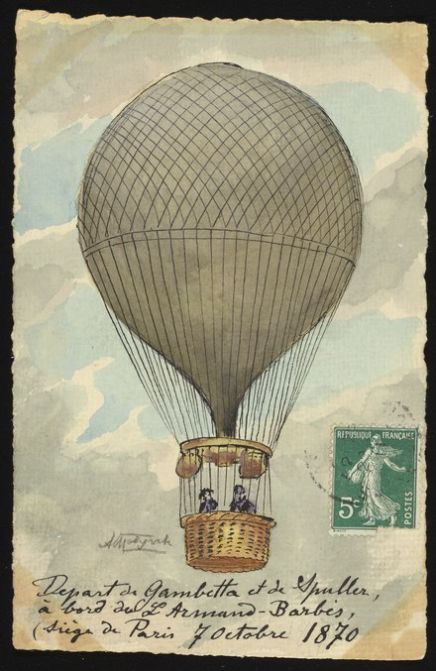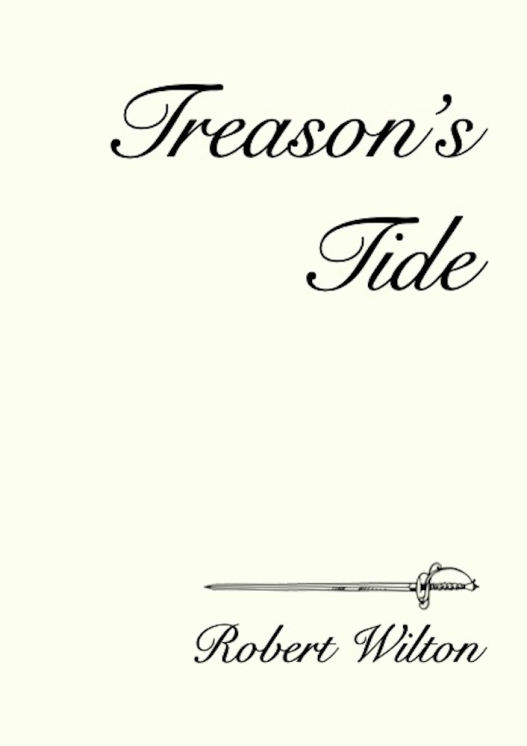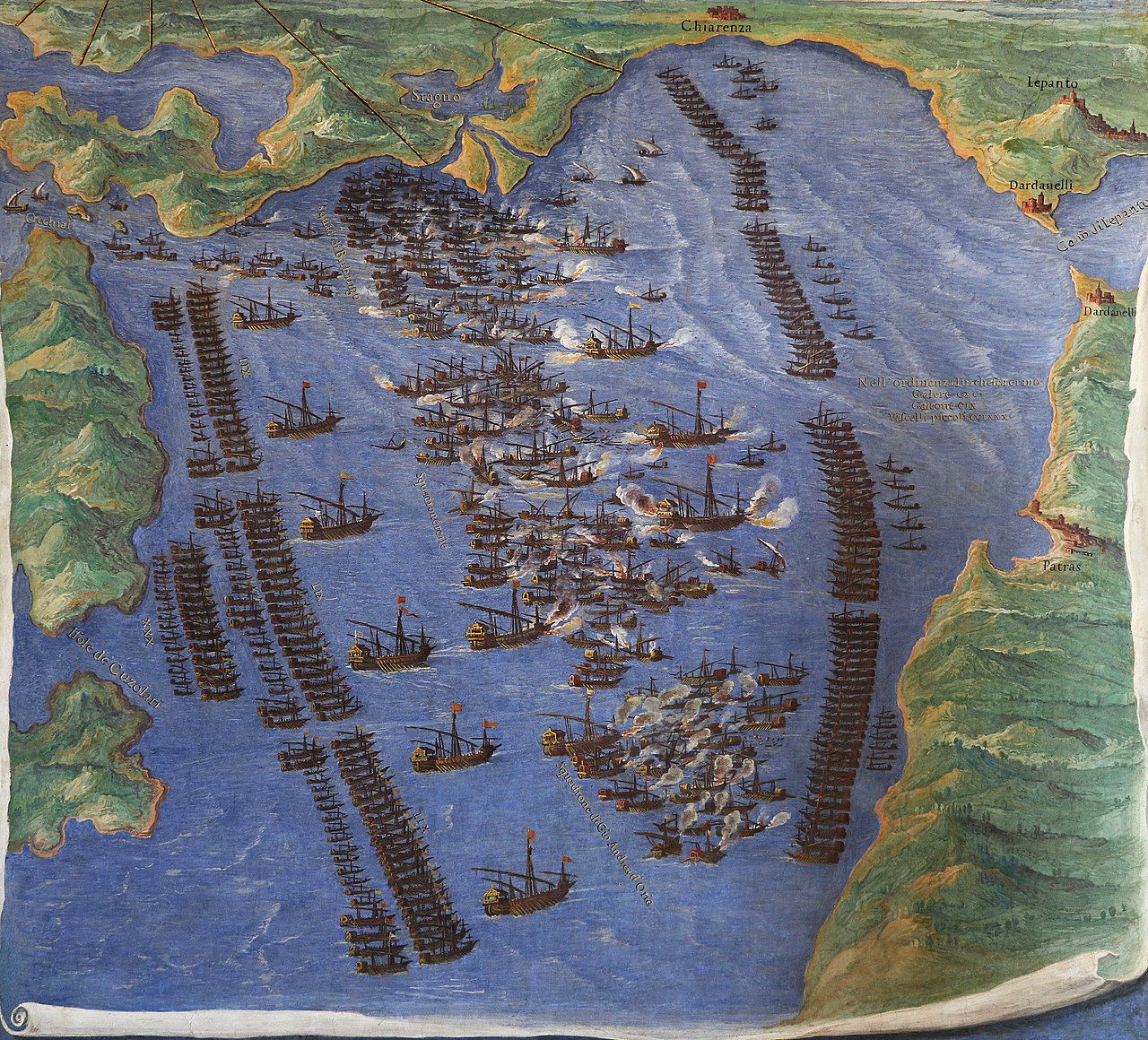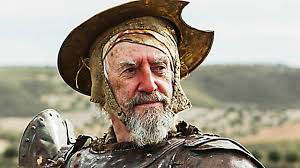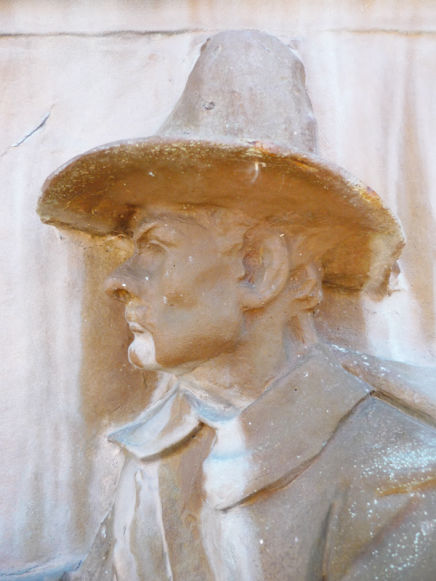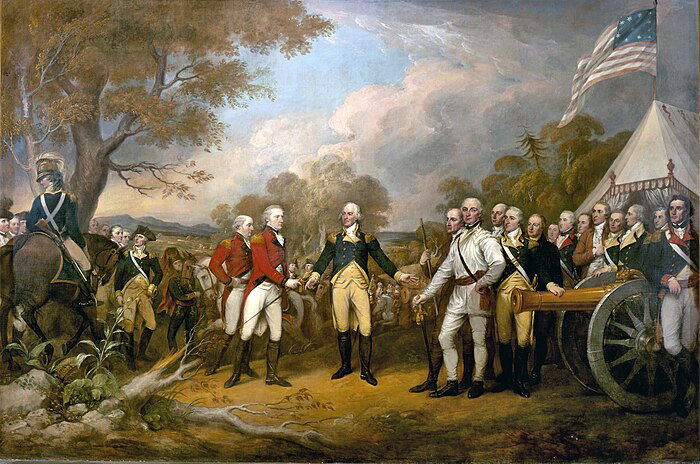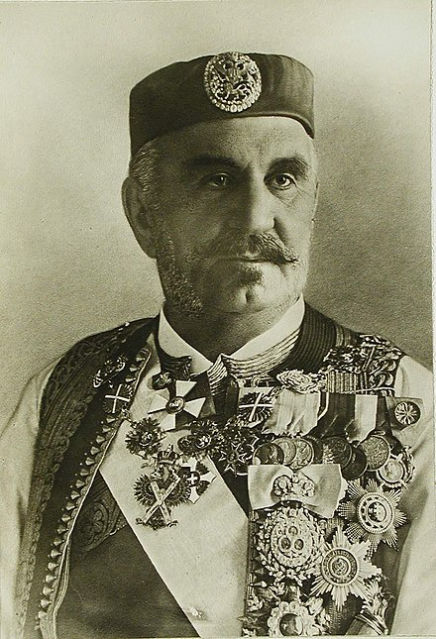7th October was the birthday of Nicholas I, first and last King of Montenegro. He stabilized, reformed and expanded his country, before it disappeared in the aftermath of the First World War. Known as ‘the father-in-law of Europe’, he was more famous, and effective, in marrying his many daughters into the continent’s diverse royal families. (But not the remarkable Ksenia...) And any chance to mention Isabella Bird, sickly daughter of a small-town clergyman, who became first an activist and then an explorer and writer about Australia, the Rockies – where she had a relationship with the one-eyed ‘Rocky Mountain Jim’ Nugent, of whom she declared ‘one eye was entirely gone, and the loss made one side of the face repulsive, while the other might have been modeled in marble… A man any woman might love but no sane woman would marry’ – Japan, China, Korea, Vietnam, Singapore, Malaya and, when she was well into her sixties, India, Tibet, Persia, Kurdistan, Turkey and Morocco. She died on 7th October 1904.
